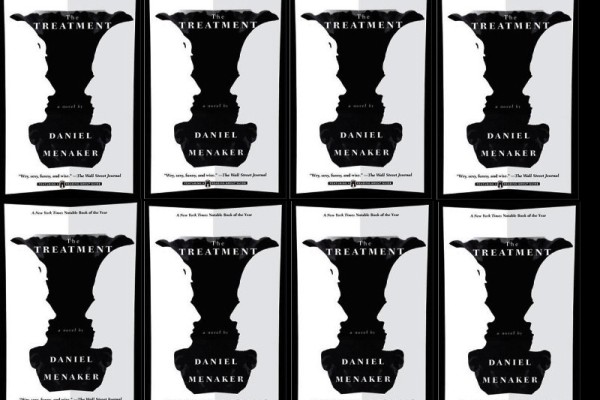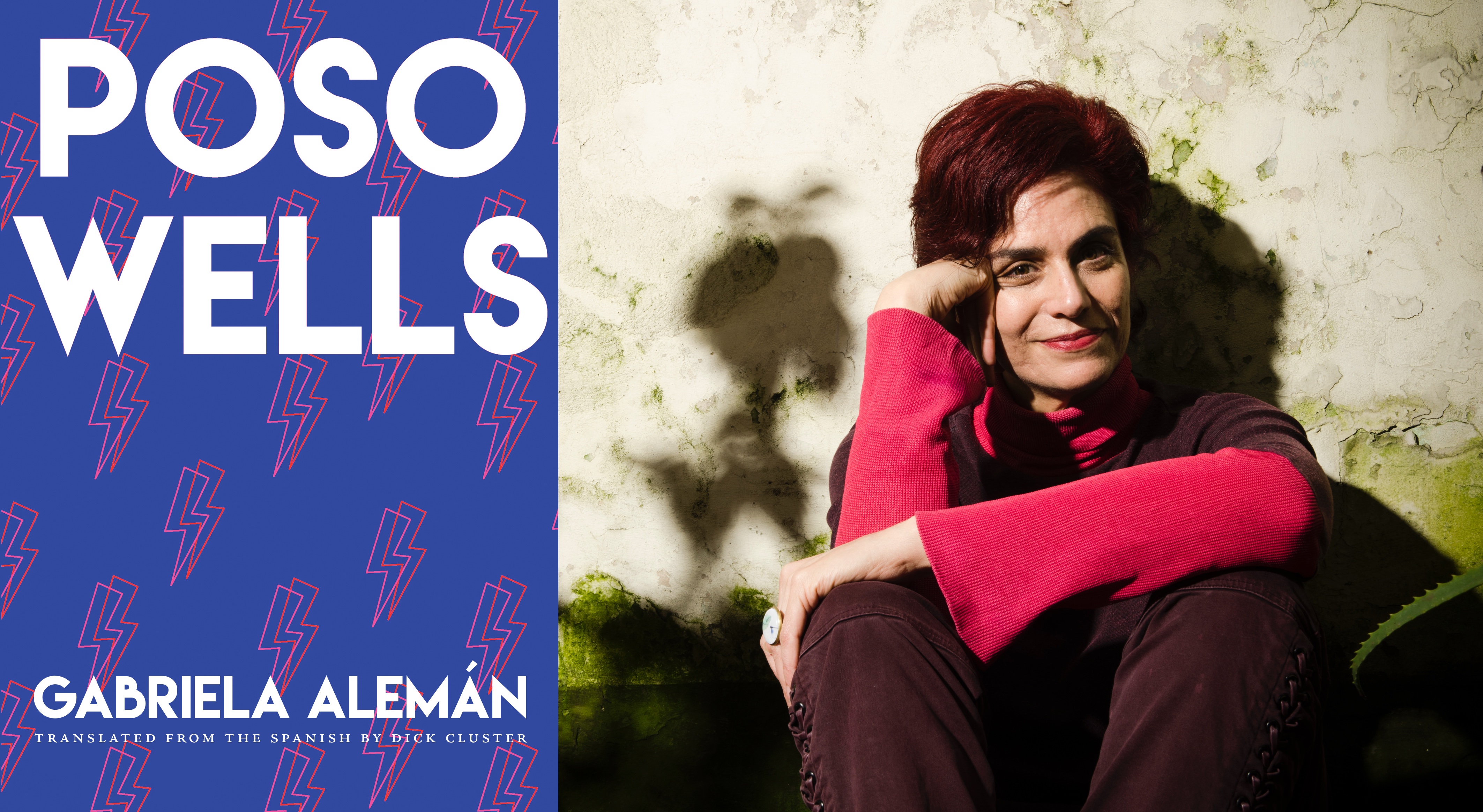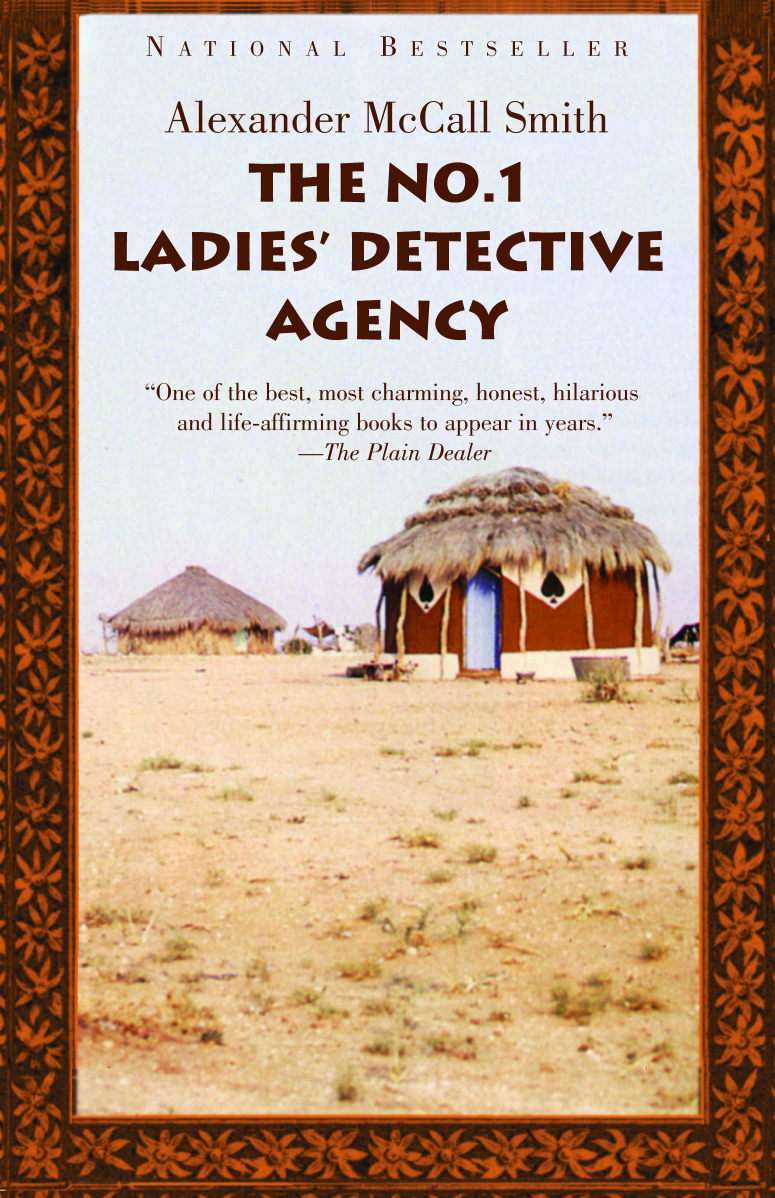
Maxwell, Menaker, and Me
Daniel Menaker has a dream resume, encompassing a twenty-six- year stint at The New Yorker, where he was the first editor to publish Michael Cunningham, David Foster Wallace, Susan Minot, George Saunders, Ann Packer, Michael Chabon, and Allegra Goodman.
Daniel also worked with people like Max Frisch, Stanislaw Lem, Alice Munro, Elmore Leonard, Isaac Bashevis Singer, and Pauline Kael. He was appointed Executive Editor–in-Chief at Random House in 2003 and worked with writers like Billy Collins, Elizabeth Strout, Gary Shteyngart, Curtis Sittenfeld, Nassim Taleb, Benjamin Kunkel, Reza Aslan, Colum McCann, and Sister Helen Prejean.
During all this editorial work, he somehow found time to write two books of short stories (two of which won O. Henry Awards) and a novel, The Treatment, which in 2006 was made into an independent film. He has written journalism, essays, and humor for many prominent magazines and newspapers, especially The New Yorker. His latest book is A Good Talk.
Aside from all this, Daniel owns a gorgeous dog named Maxwell, and has trained him with incredible skill to dance on demand and shake your hand. Under the gaze of Maxwell, we talked about irony in fiction, British versus American humor, and the secret to making boring people interesting.
David Foster Wallace, George Saunders and Jennifer Egan all use a kind of humour in their writing which to me treads the line between laughter and sadness. I’m thinking of “Shipping Out” in Foster Wallace’s A Supposedly Fun Thing I’ll Never Do Again, or the restaurant scene in Visit From The Goon Squad. Do you think in today’s writing, where we use irony as a protective shield, using humour is the only way of exploring the things most important to us?
That [cruise ship] story seems to be ultimately self-immolating. [Foster Wallace] writes about a lot of things that he can’t exactly join in. And he does find it pointless and enervating and alienating to be on that cruise ship. [Foster Wallace] had a hard time “fitting in” and chose things to do where people have to fit in. He felt alienated. Irony has always been a way of comprehending uncomfortable experiences, so it is kind of a shield.
For a really good and smart novelist it’s extremely difficult to write anything like a straight narrative anymore. I think that’s because of Joyce. He’s the literary equivalent of The Beatles. [Joyce introduced] deliberate self-consciousness of narrative technique, exploration, and innovation, so that a book becomes in a more important way than ever before about itself. It’s very difficult for really ambitious, smart, intellectually adventurous artists to create a narrative that ignores that explosion.
So you’re saying it’s almost impossible to take the lens away from yourself?
Yes. There are many wonderful novelists telling stories, but they’re not quite the same as Victorian fiction. [In Victorian Fiction] the person telling the story may have been aware of technique, but he or she was more invested in the content of the story than they were in its the form.
It’s feels like a kind of exposure when you’re trying to write content without commenting on form. It’s kind of embarrassing.
Good commercial fiction continues to basically tell stories. Richard Price is an example of good storytelling. He straddles the line between commerce and literature. When you get to Franzen, Egan, Foster Wallace, Chabon, Michael Cunningham, Allegra Goodman, and Shteyngart, it’s hard for them. They don’t know quite where to go. As [in] modern art, the way forward isn’t clear.
What’s your advice for someone trying to write a novel in this awful morass of uncertainty?
I wonder if it’s possible to shed the knowledge of these literary trends and uncertainties and force yourself to tell the story you want to tell. I guess I would say that the refuge for everybody, if there is one, is voice. Gary Shteyngart’s a good example of that solution. Also Foster Wallace, although I think [his voice] is overrated. Killing yourself can sometimes be a great career move.
[Look] at Sam Lipsyte. The voice has to be so good and distinctive that it is the story itself. The details and the narrative have to be interesting, but the refuge amongst all this self-consciousness [is a] great voice. If you can be that kind of writer, where you’re telling stories you care about, that have a really distinctive but natural, not artificial, timbre, that’s the way to be a novelist. It’s devilishly hard. Because every time you try to do it you become self-conscious. Then you’ve got to get a character to turn a doorknob, hide the gun. Someone said plot is an embarrassment. Just the grinding machinery of getting the woman to go to bed with the guy, or the guy to decide to yell at his boss. The Victorians didn’t have that problem. Neither did the American writers like Twain, Hawthorne, Melville.
In your new book, A Good Talk, you take a look at the history and art of conversation. Clearly an art I failed, as I unfortunately got the title of your book wrong when I first asked you about it. What’s your best tip for escaping from a diabolically boring person?
There’s only one thing to do and it doesn’t often work: force yourself to be curious about the other person. You run the risk of being an interrogator or journalist but the person isn’t doing any work at all—he or she is not trying to entertain or divert you, [so you] have to do it solo, and you have to dig around for something of interest. Terminally boring people are boring. It often doesn’t work.
If you want to be a journalist or probably even a writer in general, a reporter in the broadest sense of the word, you already have that curiosity which comes from wondering what your parents are up to behind closed doors. Most people have childhood reasons for their curiosity; it often has to do with being deprived of certain knowledge and information. Usually there is something intimate or hostile or secret –something going on in closed circumstances. What’s more closed than a parent’s world to a child? Especially if it verges on being a bit pathological–if you feel you’re living in a place full of secrets.
A couple of months ago we were talking about the difference between British and American humour; that British humour has an angrier, more critical tone. Do you think, (generalizing horribly), that in Britain humour functions more as a social commentary, and in America more as an escape?
The commentary in Britain is edgier and sharper in general; for example look at the British versus the American version of The Office. I think British humour is more compressed and is across- the-board edgier. The other side of it isn’t necessarily escapism. There is baloney slice sitcom humour [in America] that is almost like product. That kind of humour here is a diversion. [In contrast] British humour has a greater degree of polarity, verbal acuity, sharpness, often slight gloom or depressiveness compared to more narrative, relaxed kind of humour in America. Looking at Garrison Keilor [or] Mark Twain. Narrative literary humour [in America] seems to be more on the folksy side. [When] you read Kingsley Amis, Evelyn Waugh or any sharp British novelist who is basically trading in satire, there is kind of satirical edge that sophisticated American written humour tends not to have.
Ella Delany contributes to the New Yorker.com, the New York Times and the International Herald Tribune amongst other publications.




